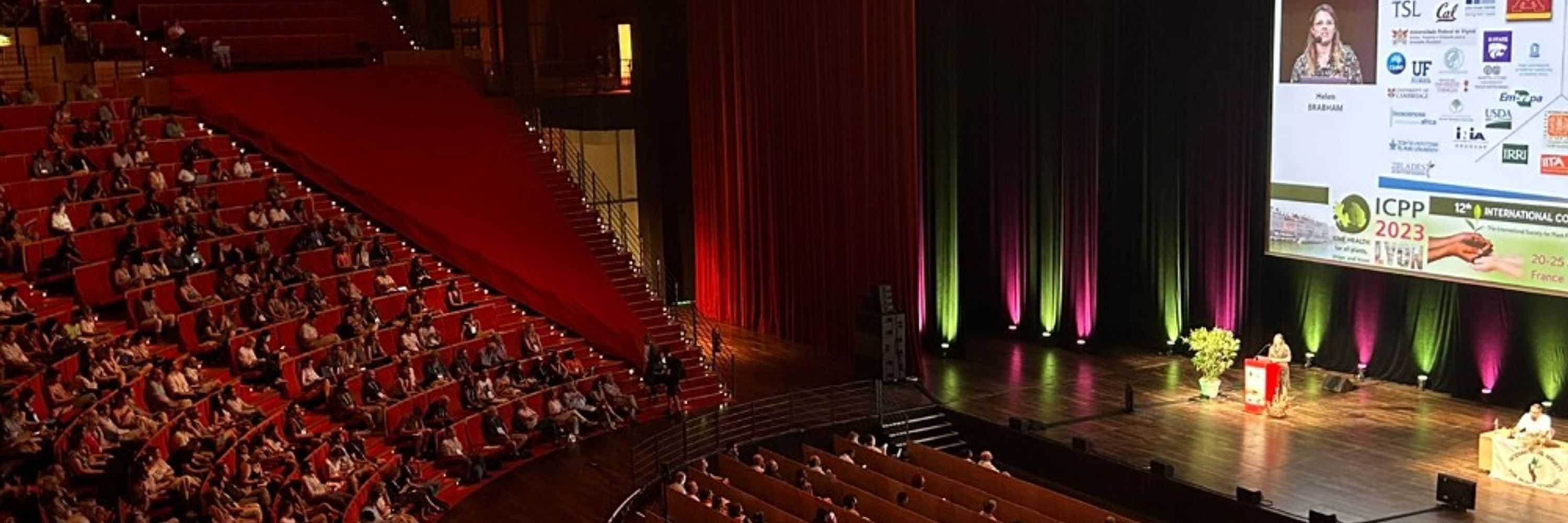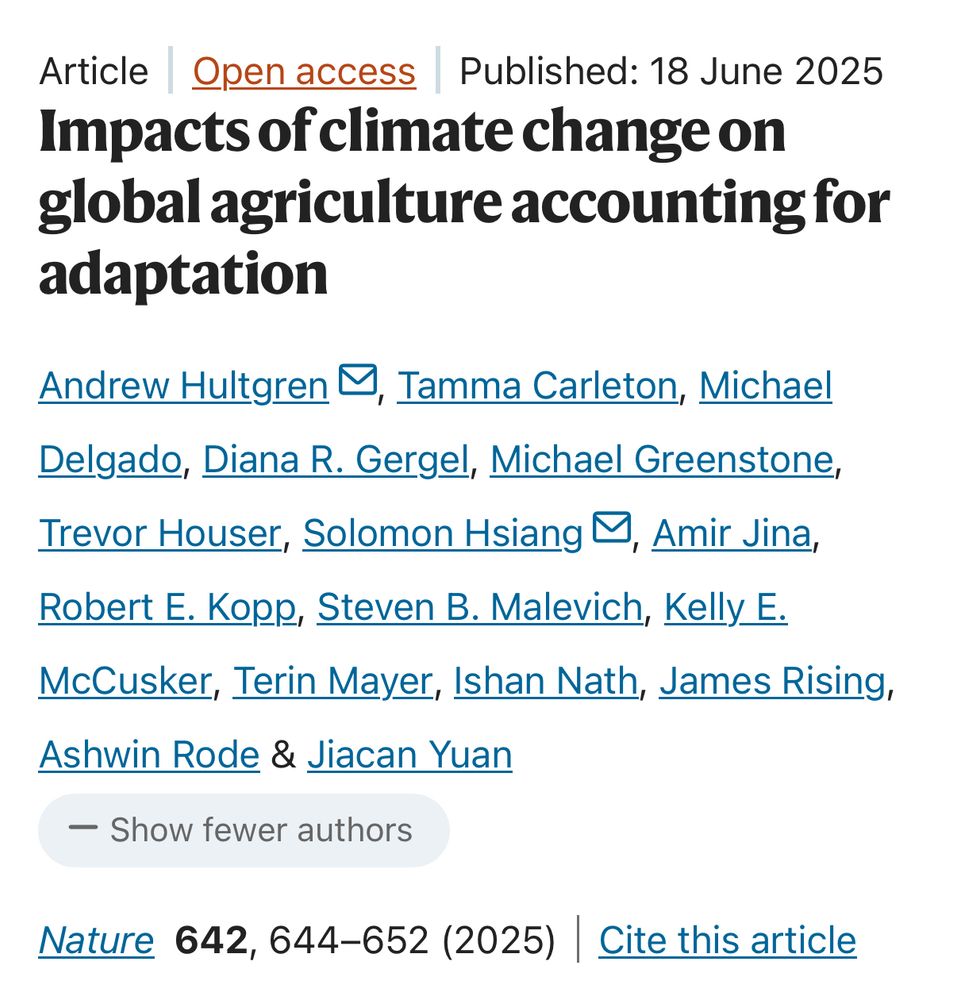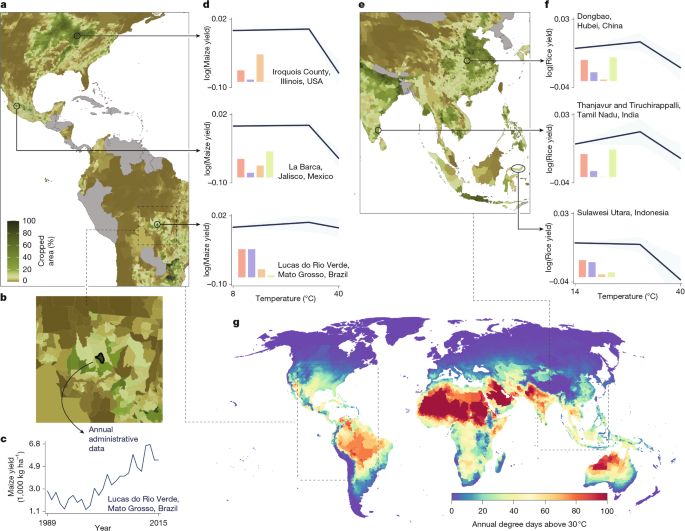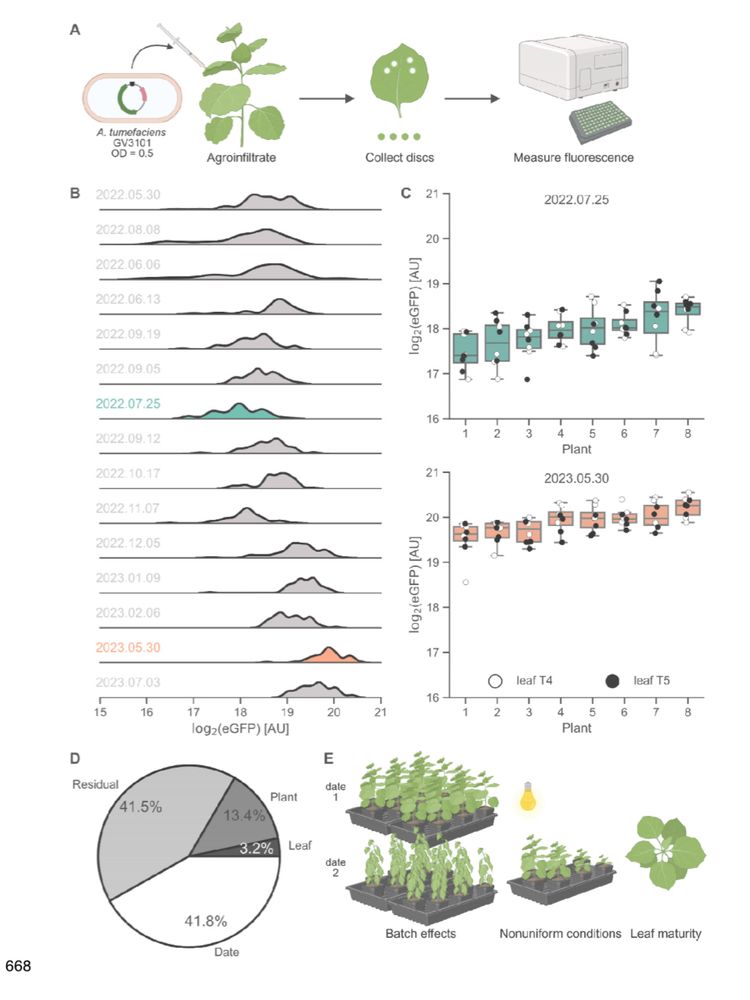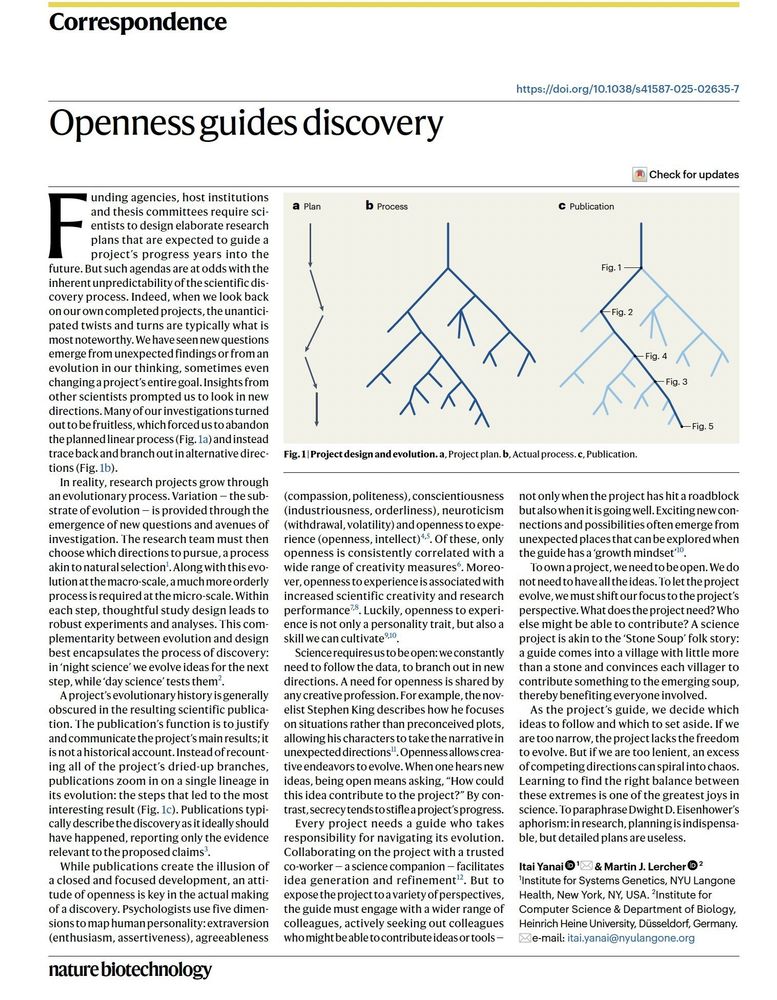Helen Brabham
@helenbrabs.bsky.social
640 followers
720 following
14 posts
(she/her) Working in the wonderful world of plant disease resistance. 🌾🏴 Team Leader in 2Blades, The Sainsbury Laboratory, Norwich, UK.
Posts
Media
Videos
Starter Packs
Reposted by Helen Brabham
Reposted by Helen Brabham
Angus Bucknell
@angusb.bsky.social
· Sep 6

Sanctuary: a Starship transposon facilitating the movement of the virulence factor ToxA in fungal wheat pathogens | mBio
The work presented here expands our understanding of a novel group of mobile genetic
elements called Starships that facilitate the horizontal exchange of numerous genes between fungal pathogens.
Our a...
doi.org
Reposted by Helen Brabham
Michelle Hulin
@michhulin.bsky.social
· Aug 7
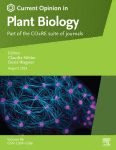
From genes to epidemics: Genomic insights into bacterial plant pathogen emergence
Bacterial phytopathogens are major causal agents of newly emerging plant diseases. The roles of both agricultural practices and the alteration of bact…
www.sciencedirect.com
Reposted by Helen Brabham
Helen Brabham
@helenbrabs.bsky.social
· Aug 27
Reposted by Helen Brabham
Reposted by Helen Brabham
Reposted by Helen Brabham
Helen Brabham
@helenbrabs.bsky.social
· Jul 19
Reposted by Helen Brabham
Hélène Pidon
@hpidon.bsky.social
· Jul 10
Nature
@nature.com
· Jul 10
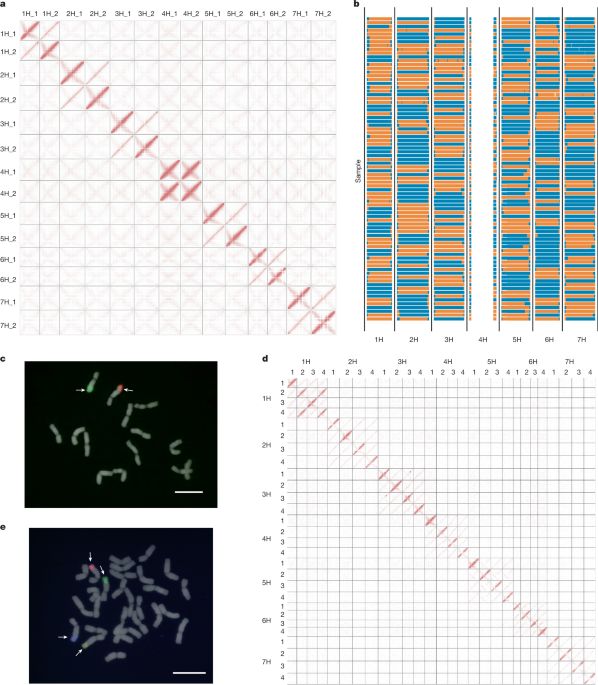
A haplotype-resolved pangenome of the barley wild relative Hordeum bulbosum - Nature
A study describes the assembly and analysis of a haplotype-resolved pangenome of bulbous barley with the potential to improve domesticated barley and illustrates its use in evolutionary research and trait mapping.
go.nature.com
Reposted by Helen Brabham
Tolga Bozkurt
@tolgaboz.bsky.social
· Jul 7

Research Associate in Programmable Plant Immunity at Imperial College London
Apply for the Research Associate in Programmable Plant Immunity role on jobs.ac.uk, the top job board for academic positions in higher education. View details and apply now.
www.jobs.ac.uk
Reposted by Helen Brabham
Reposted by Helen Brabham
Reposted by Helen Brabham
Tatsuya Nobori
@tatsuyanobori.bsky.social
· May 22
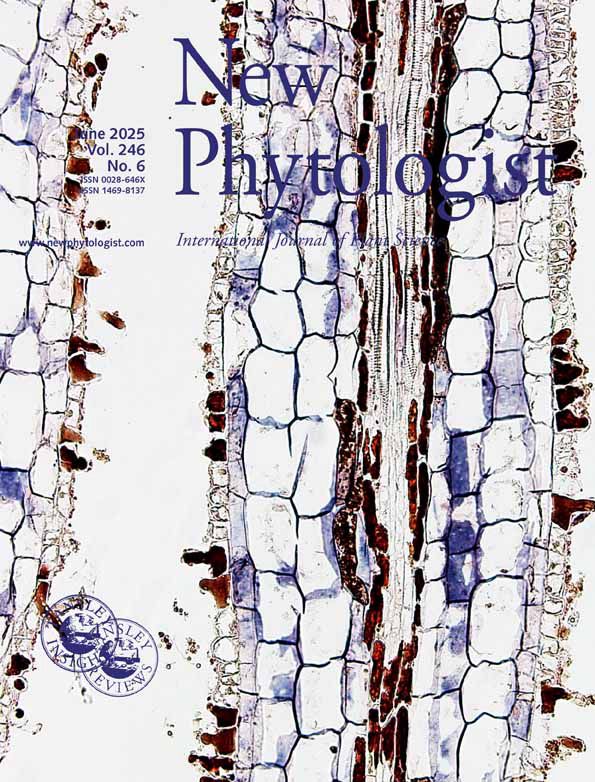
Exploring the untapped potential of single‐cell and spatial omics in plant biology
Advances in single-cell and spatial omics technologies have revolutionised biology by revealing the diverse molecular states of individual cells and their spatial organization within tissues. The fie...
nph.onlinelibrary.wiley.com
Reposted by Helen Brabham
Reposted by Helen Brabham
Toby Baril
@tobybarilbio.bsky.social
· Apr 9

Historic transposon mobilisation waves create distinct pools of adaptive variants in a major crop pathogen
Transposable elements (TEs) can drive the evolution of host-pathogen interactions and gains in antimicrobial resistance. However, how adaptive TEs arise in populations and historical contingencies aff...
www.biorxiv.org
Reposted by Helen Brabham
Reposted by Helen Brabham
